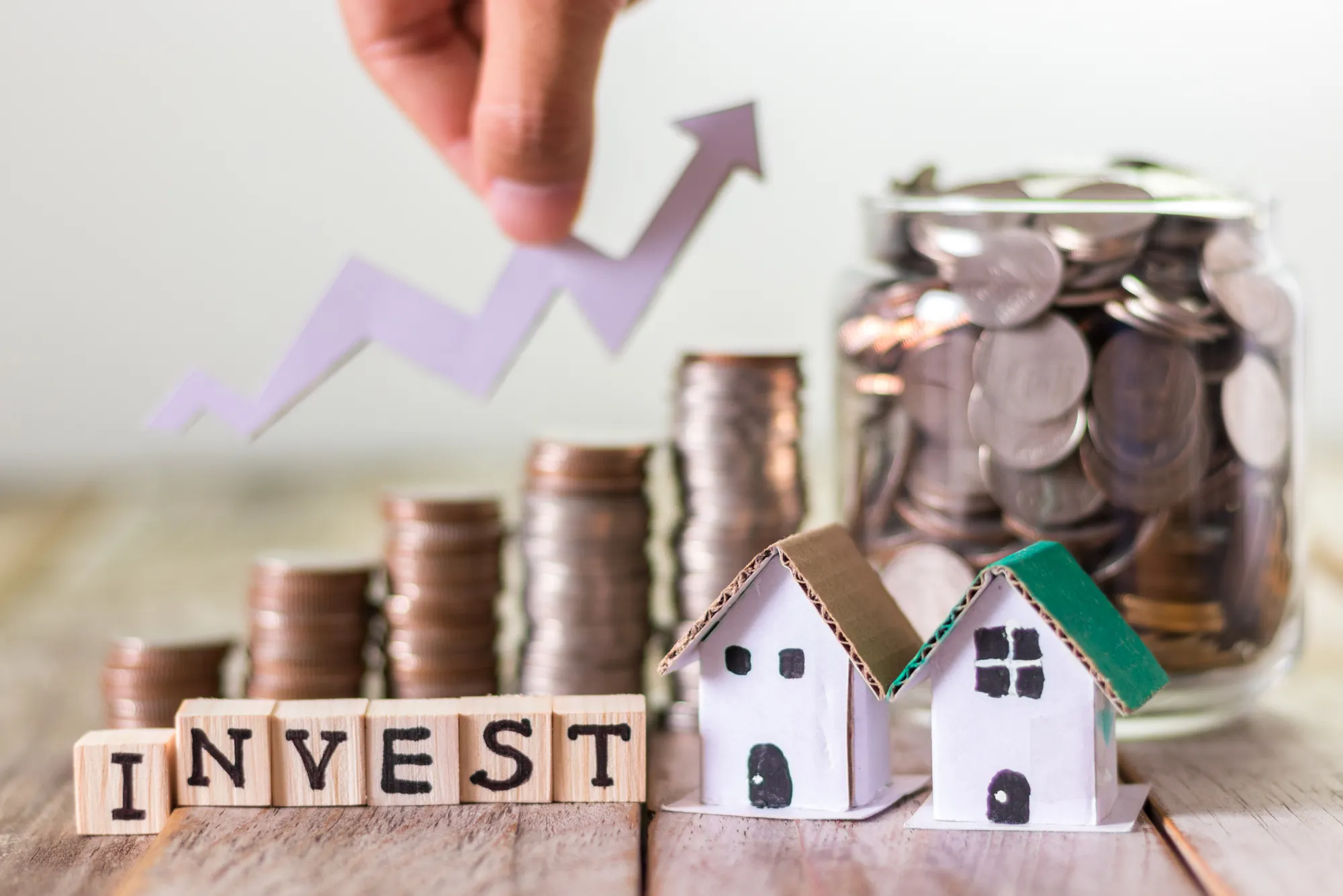Investing in property during an economic downturn may seem daunting, but it can also present significant opportunities for savvy investors. While the market may be more volatile during times of economic uncertainty, there are strategies that can help you make informed decisions and capitalize on lower property prices. In this article, we’ll explore how to invest in property during an economic downturn and how financial tools like the swift code bomlaead and al fuad exchange rate can play a key role in managing international transactions and optimizing your investments.
Why Consider Property Investment During an Economic Downturn?
An economic downturn often leads to decreased demand in the property market, which can result in lower property prices. For investors who have the capital to make purchases during these times, the downturn can be an opportunity to buy properties at a discount, especially if the property market is expected to recover in the long term.
1. Lower Property Prices
During an economic downturn, property prices tend to decrease, making it more affordable to purchase homes, rental properties, or commercial buildings. This gives investors the chance to acquire real estate at a lower cost, which can lead to substantial profits if property values rise again as the economy recovers.
2. Less Competition from Other Buyers
In a downturn, many buyers may hold off on purchasing property due to uncertainty, leading to less competition in the market. With fewer buyers in the market, investors may find it easier to negotiate lower prices or secure a better deal on a property. This gives investors a competitive edge, especially if they’re well-prepared and ready to act quickly.
3. Long-Term Value
While economic downturns can create challenges in the short term, they often present long-term opportunities. Historically, property values tend to recover over time, and investors who purchase during a downturn may see a significant return on investment (ROI) when the market improves.
Strategies for Investing in Property During an Economic Downturn
Investing in property during an economic downturn requires a strategic approach. Here are some key strategies to consider:
1. Focus on Location
While property prices may be down overall, certain areas may still show strong growth potential. Look for locations with strong demand, even during a downturn, such as those with planned infrastructure improvements, access to public transport, or proximity to key amenities like schools and healthcare facilities. These properties may offer better long-term value and stability, making them a safe bet during uncertain times.
2. Look for Distressed Properties
An economic downturn often leads to an increase in distressed properties, such as foreclosures or short sales. These properties are typically priced lower than market value and may present excellent opportunities for investors willing to invest time and money into repairs and renovations. Buying distressed properties can provide a way to acquire real estate at a discounted rate and increase its value through improvements.
3. Consider Rental Properties
In an economic downturn, many people may be reluctant to purchase homes, opting to rent instead. This can create a strong demand for rental properties. Investing in rental properties during a downturn can provide a steady income stream, even if property values are not increasing in the short term. By choosing properties in high-demand rental markets, investors can capitalize on long-term rental income while waiting for the market to recover.
4. Stay Liquid and Avoid Overleveraging
While it may be tempting to buy as much property as possible during a downturn, it’s essential to remain cautious and avoid overleveraging. Ensure that you have enough liquidity to cover unexpected costs, such as repairs or vacancies. Additionally, maintaining a solid cash reserve will help you weather any further downturns and provide a buffer in case the economy takes longer to recover than expected.
Swift Code BOMLAEAD
If you’re investing in property internationally or making cross-border property transactions, understanding the swift code bomlaead is crucial. When transferring funds for your property purchase or paying for associated fees, using the correct swift code bomlaead ensures that your international money transfers are completed efficiently and securely.
The swift code bomlaead is particularly helpful for buyers or investors who need to send money across borders, whether for a down payment, closing costs, or property-related expenses. Having the correct swift code bomlaead ensures that your payments are processed correctly, reducing the risk of errors or delays in your property transaction.
Understanding the Role of the Al Fuad Exchange Rate
In addition to understanding swift code bomlaead, it’s essential for international property investors to understand how the al fuad exchange rate can impact their investments. The al fuad exchange rate refers to the exchange rate between currencies, and it plays a significant role when you’re transferring funds for property purchases or related expenses.
Fluctuations in the al fuad exchange rate can have a direct impact on how much money you need to send or receive when dealing with international property transactions. If the exchange rate is favorable, you might pay less for your property or receive more in return. Conversely, if the exchange rate moves unfavorably, you could end up paying more for the same property.
By monitoring the al fuad exchange rate closely, you can time your property transactions to get the best deal possible. This is especially important if you are buying property in a different currency, as exchange rate fluctuations can significantly impact your overall costs.
Key Considerations for Investors During an Economic Downturn
1. Understand Market Cycles
Economic downturns are part of market cycles, and they can present opportunities for investors who understand when to buy and when to wait. By paying attention to economic indicators and being patient, you can make purchases at a time when property values are low and poised for recovery.
2. Analyze Cash Flow and ROI
Before making a property investment, ensure that you have a clear understanding of potential cash flow and return on investment (ROI). This is particularly important if you are purchasing rental properties. Make sure that your rental income will cover your expenses and leave room for a profit, even during periods when property values are temporarily lower.
3. Be Prepared for Market Fluctuations
Property markets can be volatile, and during an economic downturn, there may be additional risks. Be prepared for fluctuations in property values, and ensure that your investment strategy is flexible enough to weather any economic challenges that may arise.
Conclusion
Investing in property during an economic downturn can offer significant opportunities for those who are prepared and knowledgeable about market trends. By focusing on key factors such as location, distressed properties, rental income, and maintaining financial flexibility, you can make informed decisions that maximize your potential for success.
Financial tools like the HSBC Select credit card and Emirates NBD personal loan can provide you with the necessary resources to manage property-related costs and secure your investment in challenging economic conditions.
By carefully analyzing market trends and monitoring your finances, you can successfully navigate an economic downturn and make profitable property investments for the future.







